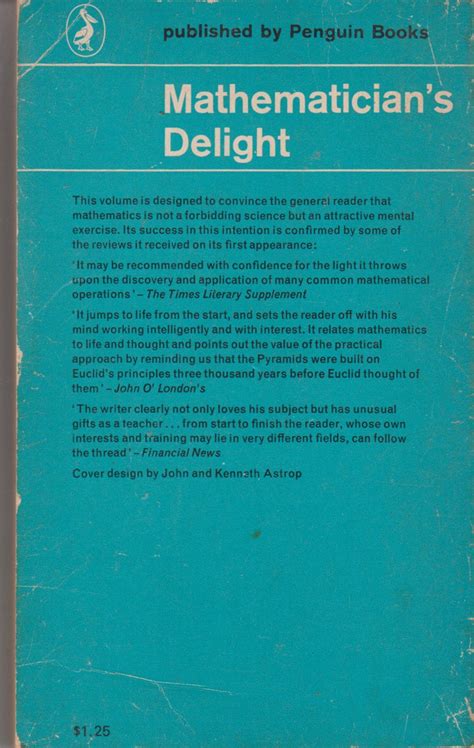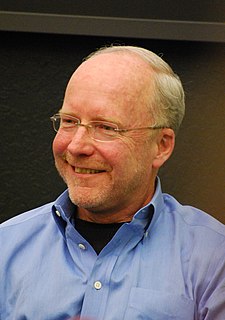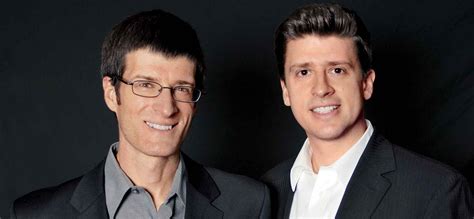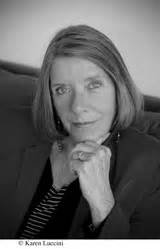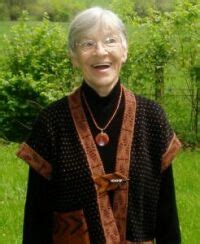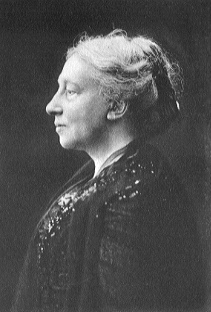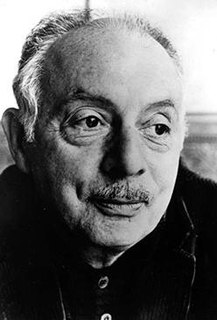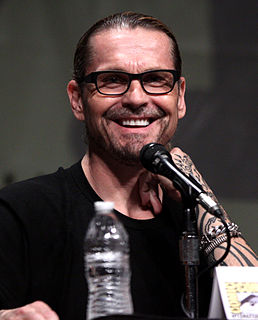Top 1200 Desire For Knowledge Quotes & Sayings - Page 3
Explore popular Desire For Knowledge quotes.
Last updated on December 2, 2024.
There are many objects of desire, and therefore many desires. Some are born with us, hunger, yearning, and pride of place, and some are of the foolishness of the world, such as the desire to eat off silver plates. Desire is a wild horse to be tamed. Virtue is habit long continued. The taming of desire is like the training of an athlete. Discipline is not the restraint but the use of energy.
The word desire suggests that there is something we do not have. If we have everything already, then there can be no desire, for there is nothing left to want. I think that what the Buddha may have been trying to tell us is that we have it all, each of us, all the time; therefore, desire is simply unnecessary.
It's very important to distinguish between what most people in the West think about knowledge, and what the Indian concept of knowledge is. In the West the knowledge is something that is tangible, is material, it is something that can be transferred easily, can be bought and sold; or as in India real knowledge is something that is a living being - is a Vidya.
The fact that only humans above a certain age can be morally virtuous, rather than babies or cats, means that that being moral requires some cognitive ability. If virtue is about desires, it is worth remembering that you can't desire some things without being able to conceive of them. Suppose a virtuous person will desire to make people happy and desire to tell the truth. You can't desire to make people happy without having the concept "happy" and you can't desire to be truthful if you don't have have the concept "lie", so a cat or a baby cannot desire these things.
The religious training inspired in me a desire for learning. In fact, I am immensely grateful for my Catholic education for instilling in me a desire for learning. However, the Catholic training also gave me a desire for questioning. The desire to question led me eventually to distance myself from the Catholic institution and its dogma.
To oppose knowledge is ignorant, and he who detests knowledge and science is not a man, but rather an animal without intelligence. For knowledge is light, life, felicity, perfection, beauty and the means of approaching the Threshold of Unity. It is the honor and glory of the world of humanity, and the greatest bounty of God. Knowledge is identical with guidance, and ignorance is real error
The knowledge we now consider knowledge proves itself in action. What we now mean by knowledge is information effective in action, information focused on results. Results are outside the person, in society and economy, or in the advancement of knowledge itself. To accomplish anything this knowledge has to be highly specialized.
This society in which knowledge workers dominate is in danger of a new "class conflict" between the large minority of knowledge workers and the majority of workers who will make their livings through traditional ways, either by manual work... or by service work. The productivity of knowledge work - still abysmally low - will predictably become the economic challenge of the knowledge society. On it will depend the ability of the knowledge society to give decent incomes, and with them dignity and status, to non knowledge people.
[T]hus one should not think that desire is repressed, for the simple reason that the law is what constitutes both desire and the lack on which it is predicated. Where there is desire, the power relation is already present: an illusion, then, to denounce this relation for a repression exerted after the event.
Despite popular theories, I believe people fall in love based not on good looks or fate but on knowledge. Either they are amazed by something a beloved knows that they themselves do not know; or they discover a common rare knowledge; or they can supply knowledge to someone who's lacking. Hasn't everyone found a strange ignorance in someone beguiling? . . .Nowadays, trendy librarians, wanting to be important, say, Knowledge is power. I know better. Knowledge is love.
The goal of mankind is knowledge ... Now this knowledge is inherent in man. No knowledge comes from outside: it is all inside. What we say a man 'knows', should, in strict psychological language, be what he 'discovers' or 'unveils'; what man 'learns' is really what he discovers by taking the cover off his own soul, which is a mine of infinite knowledge.
If desire causes suffering, it may be because we do not desire wisely, or that we are inexpert at obtaining what we desire. Instead of hiding our heads in a prayer cloth and building walls against temptation, why not get better at fulfilling desire? Salvation is for the feeble, that's what I think. I don't want salvation, I want life, all of life, the miserable as well as the superb.
Wonder [admiratio astonishment, marvel] is a kind of desire for knowledge. The situation arises when one sees an effect and does not know its cause, or when the cause of the particular effect is one that exceeds his power of understanding. Hence, wonder is a cause of pleasure insofar as there is annexed the hope of attaining understanding of that which one wants to know. ... For desire is especially aroused by the awareness of ignorance, and consequently a man takes the greatest pleasure in those things which he discovers for himself or learns from the ground up.
The Christian religion, [Pascal] claims, teaches two truths: that there is a God who men are capable of knowing, and that there is an element of corruption in men that renders them unworthy of God. Knowledge of God without knowledge of man's wretchedness begets pride, and knowledge of man's wretchedness without knowledge of God begets despair, but knowledge of Jesus Christ furnishes man knowledge of both simultaneously.




